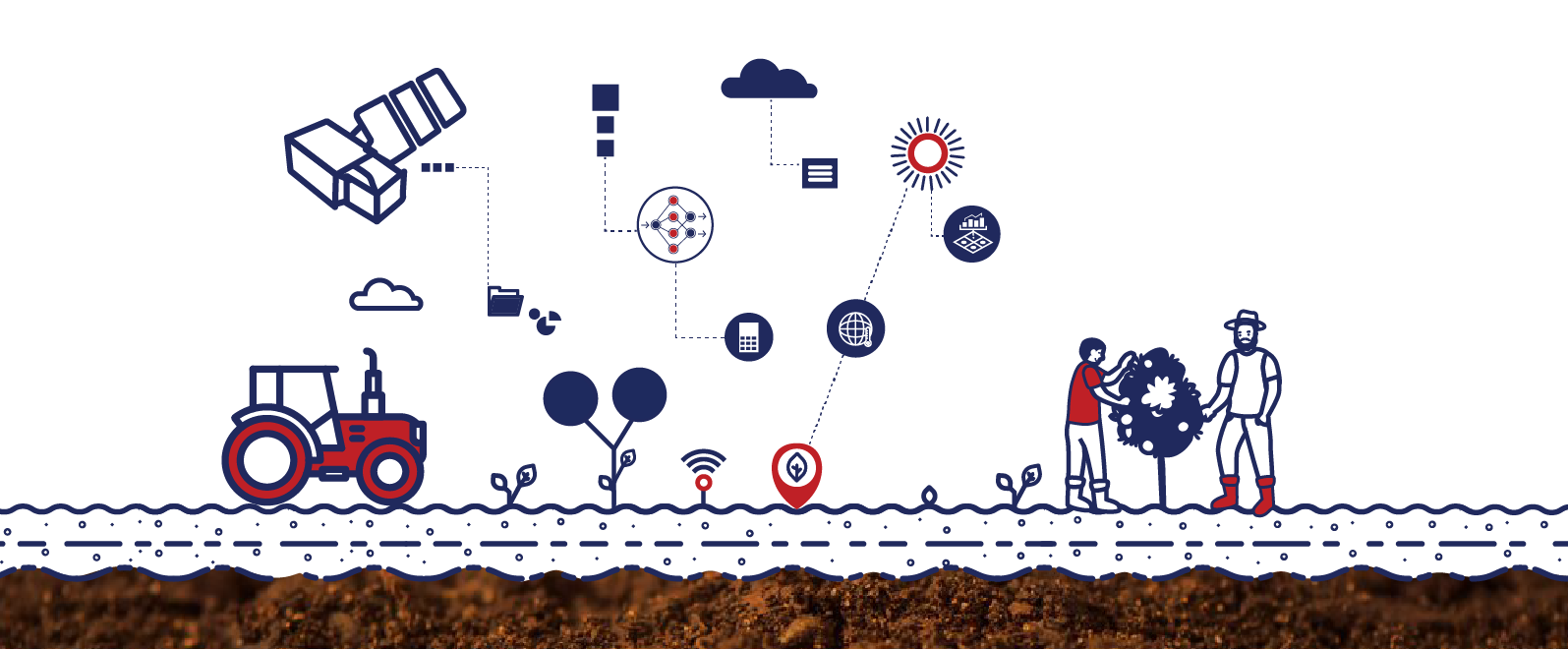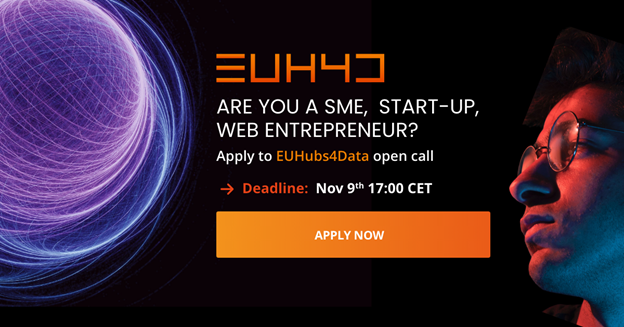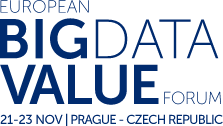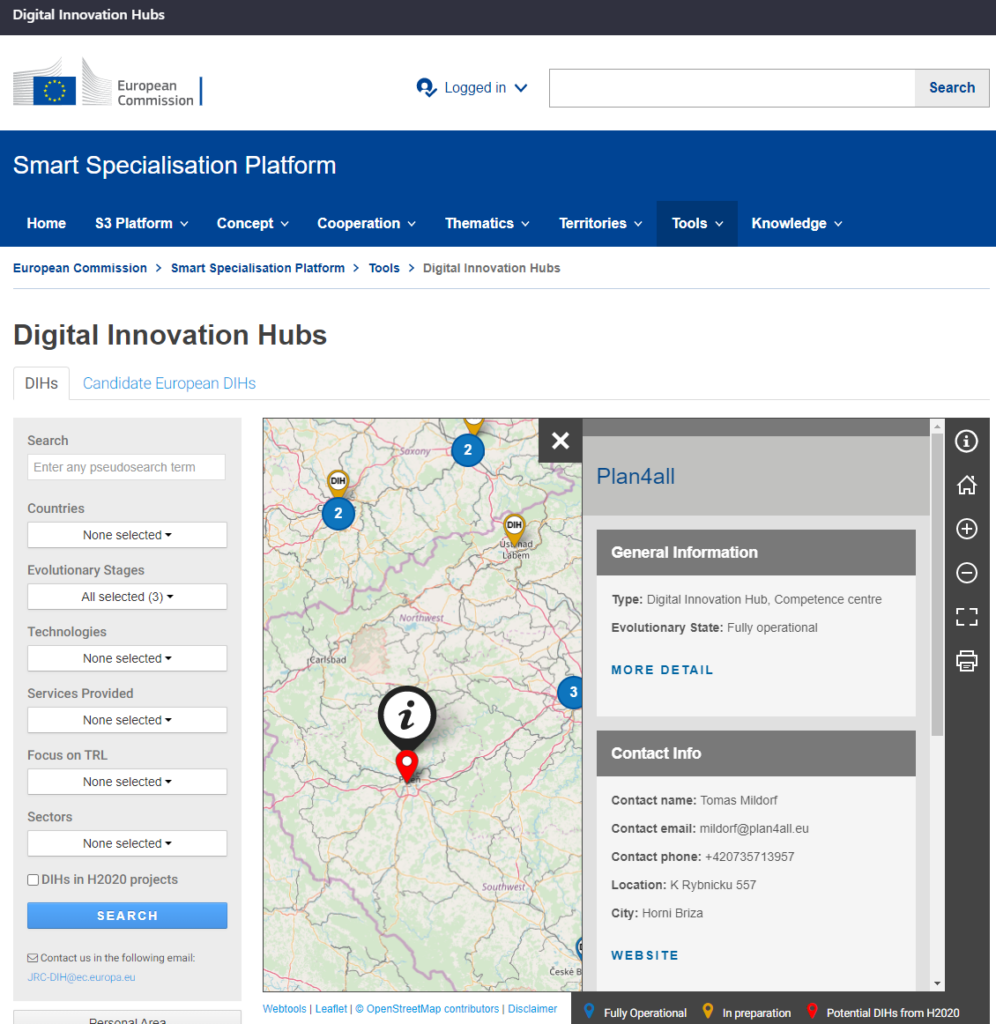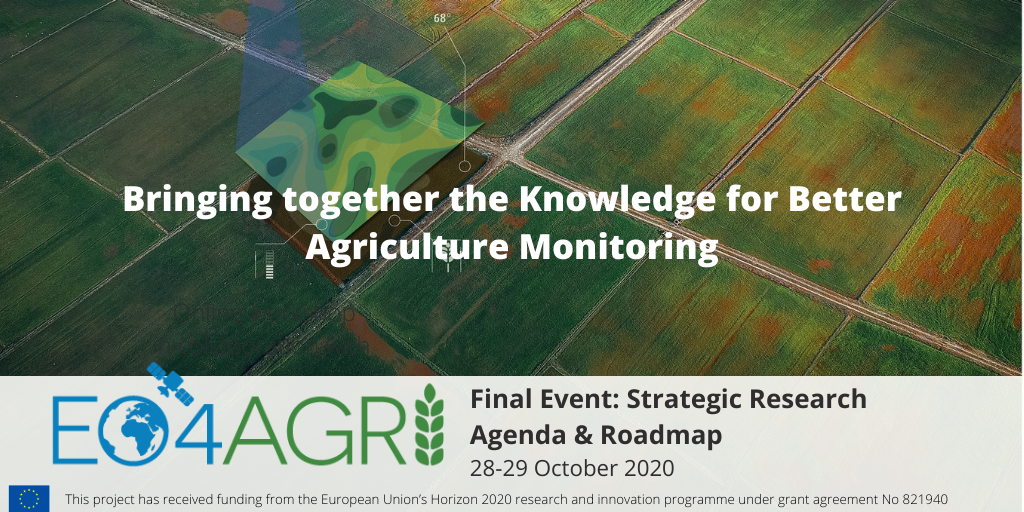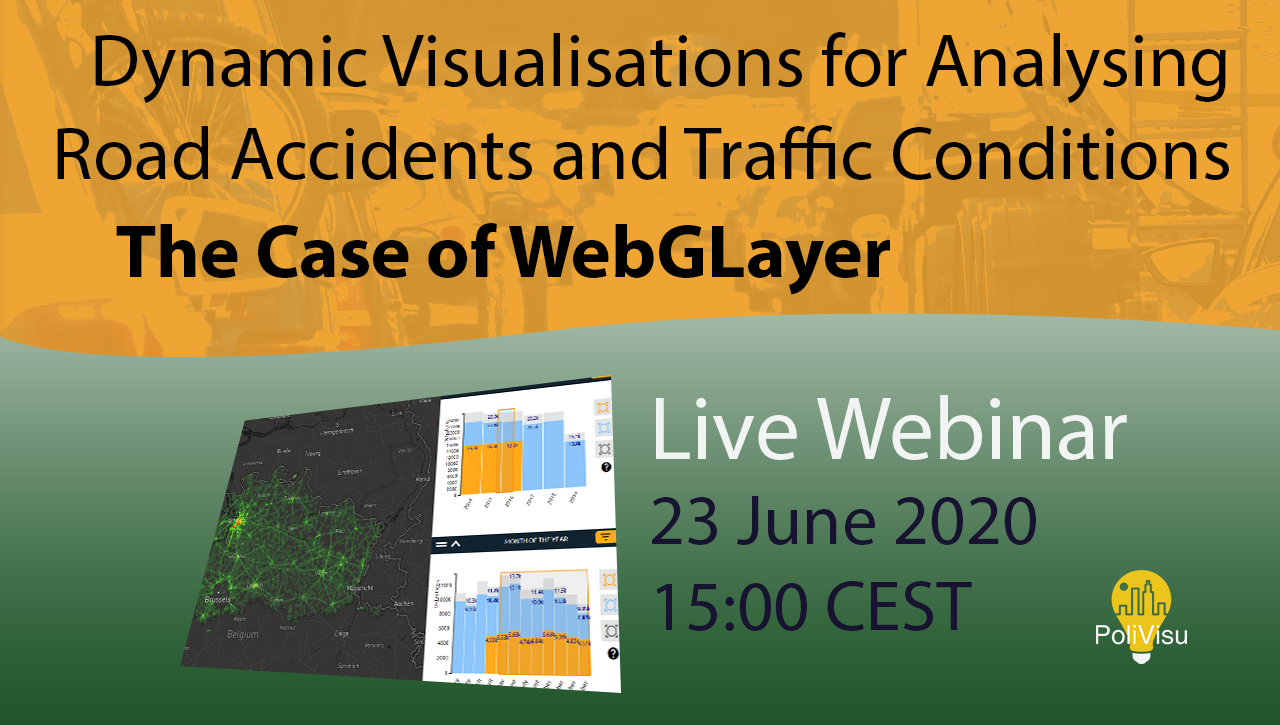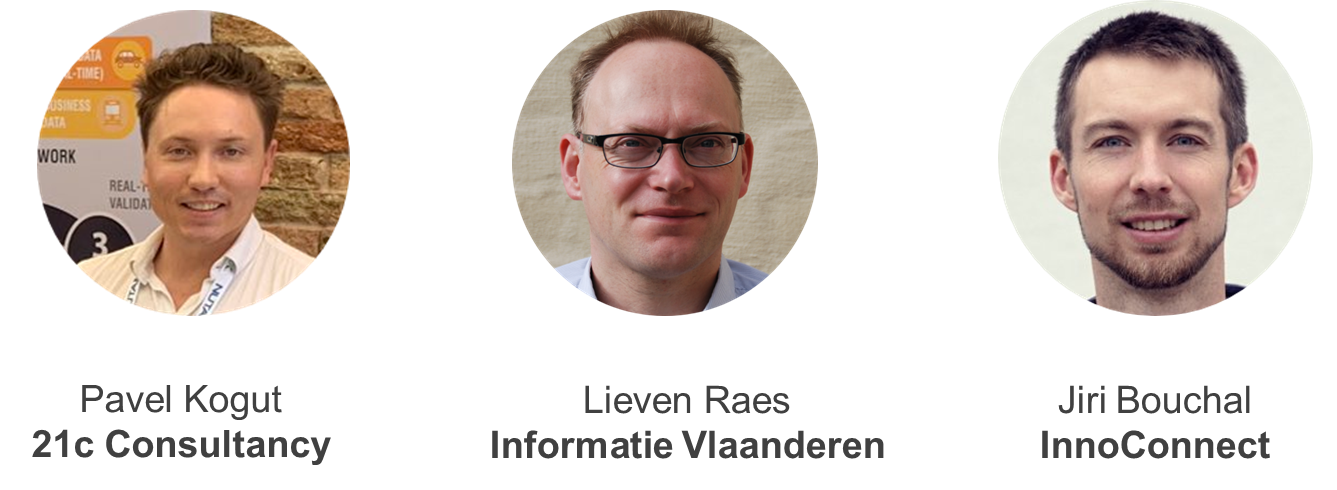Soil health has raised the last few years a significant share of concerns. Investing in research is a key to gathering the best data and developing the best solutions for sustainable soil management.
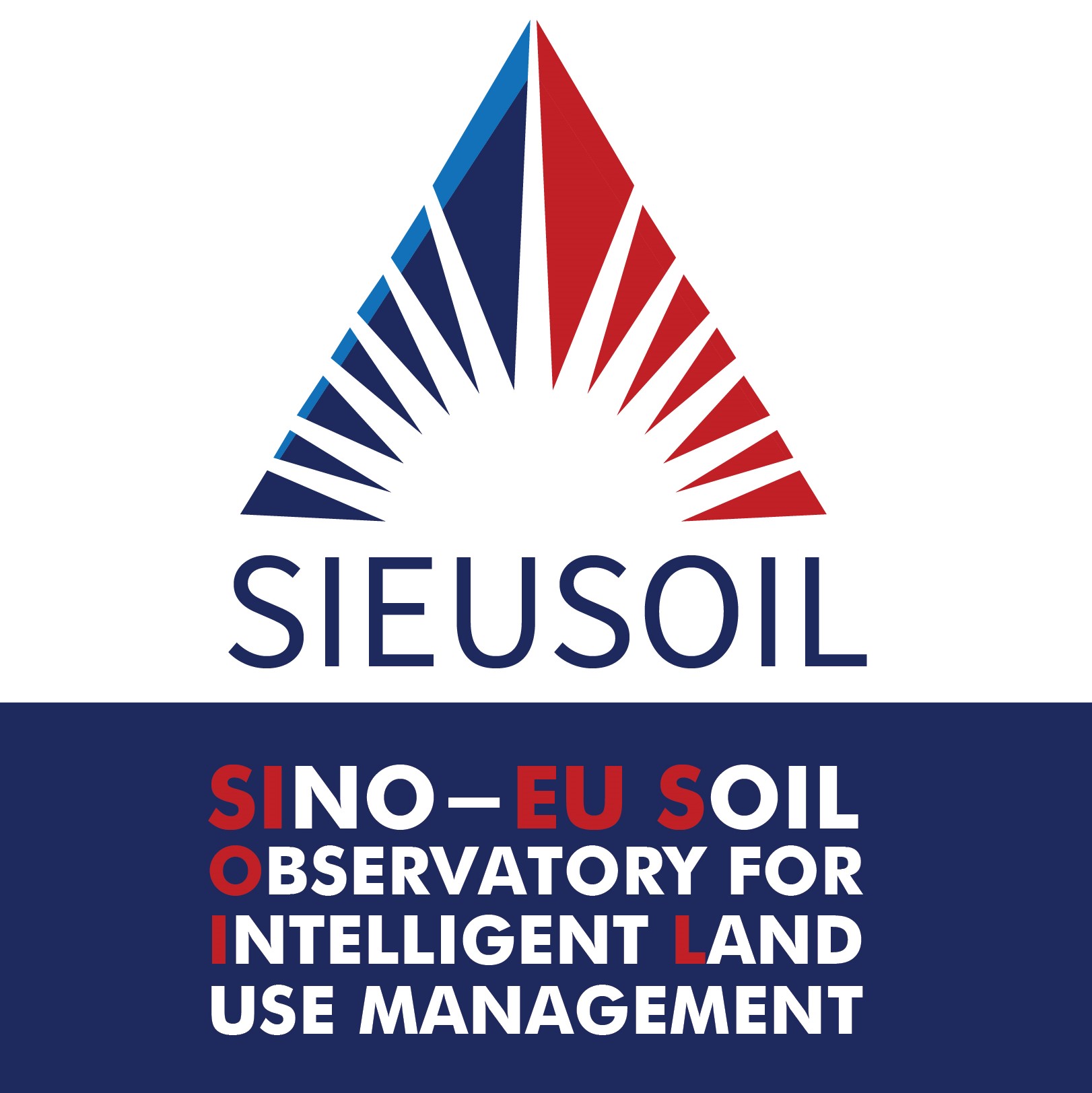
Soils are essential for all life-sustaining processes on earth. However, they are facing several pressures and are also heavily affected by climate change and erosion.
The SIEUSOIL research project which is supported by the Research and Innovation programme HORIZON 2020, aims to develop sustainable soil management practices based on a harmonised land information system suitable for diverse climate and operation conditions along different EU and China locations.
The project activities in the first 18 months of its lifetime have been successful. Collaboration has been established with key global stakeholders, including the Food and Agriculture Organisation, the International Soil Reference and Information Centre, the Joint Research Center and the European Environment Agency.
The original plan foreseen for the Eurasian Soil Platform development has been outperformed so far. The impact of the SIEUSOIL’s results in terms of the Web Observatory platform is in some areas even greater than foreseen. The data model developed with the SIEUSOIL’s and FAO resources will not only be used for the purposes of the Eurasian soil platform. The developed data model has world-wide impact.
Earth observations-derived biophysical parameters have been made available to the pilot activities in the EU and China, while a set of biophysical quality indicators for soils and crops have been defined and their methodology established.
Accurate prediction models for soil and soil physical parameters have been validated and Management Zone Maps and variable rate fertilization maps have been obtained in certain pilot farms. Prediction of Yield Productivity Zones with satellites’ support and their evaluation using farm machinery measurements seem to have gain a huge attention in the scientific community.
Moreover, certain parameters have been selected for the Land Suitability Analysis tool and its use in the pilot areas.
The pilot-scale Decision Support System (DSS) specifications and a prototype test version have been prepared. The connections among the different components were identified, as well as the dependencies on the external sources of data.
The proposed EU mission “Caring for soil is caring for life” is key for meeting the ambitions of the “Green Deal”, notably the Farm to Fork and Biodiversity Strategy. SIEUSOIL is totally in line with this mission which is the EU’s strategic research agenda regarding soils for the years to come.
***
SIEUSOIL is coordinated by Professor Dimitrios Moshou (dmoshou@auth.gr) of the Aristotle University of Thessaloniki that leads the consortium of 23 partners, 16 based in Europe and 7 in China.
